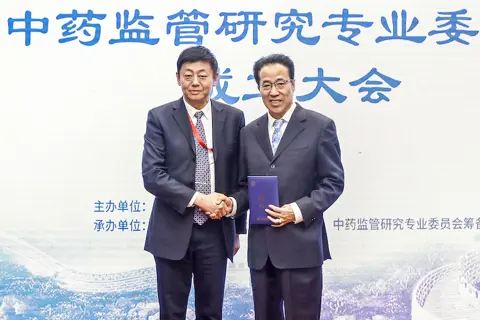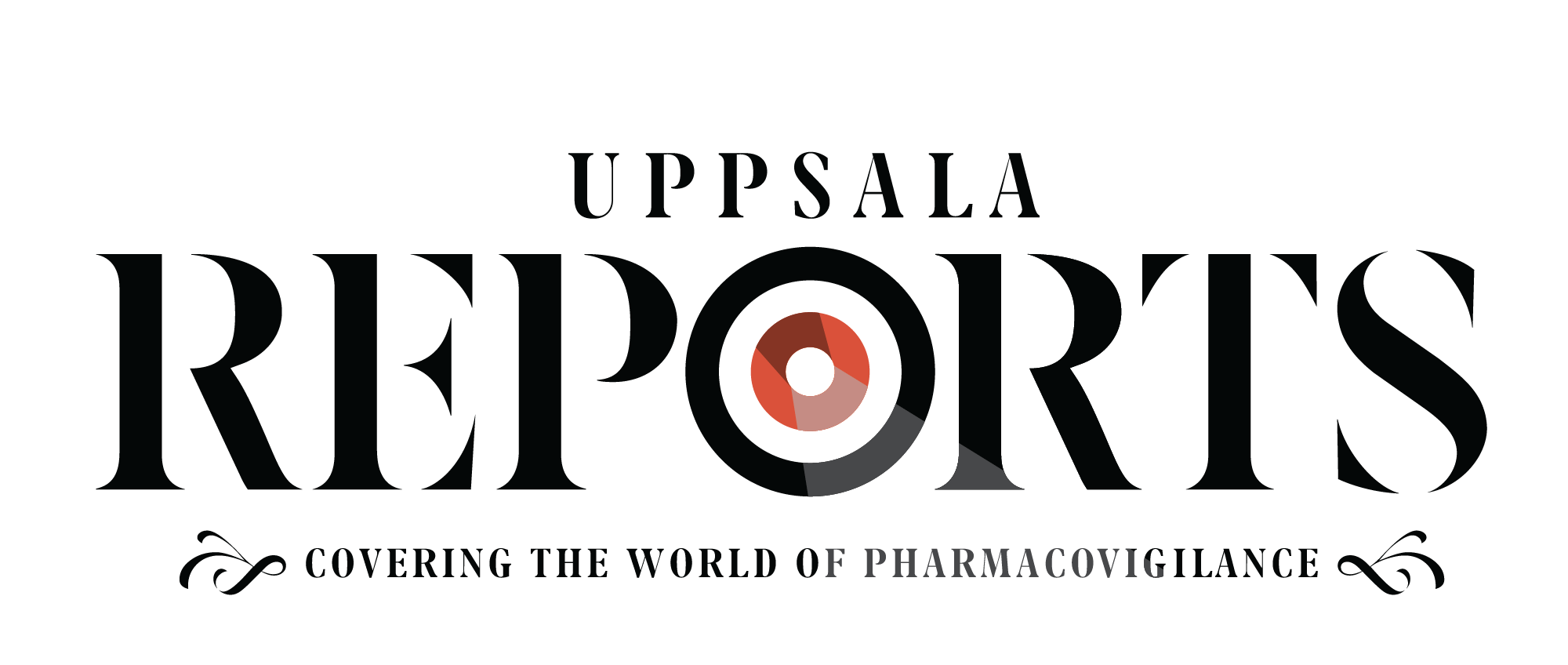
To celebrate the establishment of the Professional Committee on Pharmacovigilance Research of China Society for Drug Regulation (CSDR), a plenary meeting and the first Pharmacovigilance Research and Management Forum was held from the 1st to 2nd of April at Beijing Conference Centre. Wei Zhang, the president of the CSDR, opened the meeting with an address on the formation of the committee, academic training, and discussion on how the committee would be managed going forward, such as its “Working Regulations” and “Working Visions”. Guoqing Li, the chairman of the Professional Committee on Pharmacovigilance Research, reported on the status of the committee.
The CSDR was established to:
- Develop in-depth studies on the topics of pharmacovigilance regulatory policies, technological innovation, and other research areas.
- Improve our pharmacovigilance system and pharmacovigilance management of the entire drug life cycle to the standard of other established systems in China.
- Ensure better drug safety.
- Create a platform for pharmacovigilance regulatory research and communication for the improvement of drug surveillance.
- Promote responsibility in terms of pharmacovigilance among pharmaceutical enterprises.

The China Society for Drug Regulation (CSDR) is a national social organisation that was established on July 19th, 2013. The founder and the first president of CSDR was Professor Mingli Shao, who previously served as the commissioner of State Food and Drug Administration National (SFDA). It is an academic society with the function of developing research on drug regulatory science and building the bridges between the government, enterprises, and industry. CSDR now has 17 professional committees covering different fields such as drugs, medical devices, and cosmetics, with aims to provide services for regulation, the public, the industry, and its members. It is committed to uniting people from all walks of life who are engaged in, and support drug regulatory research and it strives to become the think-tank of drug regulatory departments which helps to advance the innovation and development of China's drug regulatory science and business. CSDR also provides theoretical, policy, and technical support to enhance China's drug governance and regulatory capacity, promote medicine safety, help grow the pharmaceutical industry, and help improve human health.
We believe that the creation of the committee is not only a requirement to ensure drug safety but would also help improve the functions of the CSDR and support scientific regulation and industrial development of medicines.
Ensuring drug safety and effective use of medicines is a necessary pursuit of the drug industry and drug regulation, and pharmacovigilance serves as the means to carry out this pursuit as it addresses safety throughout the entire drug life cycle through surveillance practices. Meanwhile, the practice of pharmacovigilance has been gradually extended and further applied to other medical and health products like medical devices, foods, supplements, and cosmetics.
All members understand that we must be responsible to our committee through compliance to the national laws and regulations, as well as collaborations between the CSDR and the Pharmacovigilance Research Committee, to achieve our vision. At the same time, the secretariat of the committee strives to work in serving our members and organise committee activities.
We plan to gradually incorporate academic research and other projects, as well as personnel training, as additional functions to our committee in the future. Such projects may involve further collaborations between institutions and pharmaceutical enterprises, development of new models, sharing experiences of pharmacovigilance work, and developing more incentives for pharmaceutical companies to keep drug safety at the forefront of their initiatives and standard practices. We shall do everything we can to live up to the trust from the committee, the field of pharmacovigilance, and the public.
The committee is currently composed of 58 members, who come from surveillance agencies, medical institutions, academic institutions, pharmaceutical companies, and other social organizations. Our delegates were from various provinces in China with different academic background and professional experience.
the first public meeting of our professional committee concluded successfully and was well-received by the participants. Using this meeting as a starting point, the committee will continue to work on committee activities such as policy research, theoretical innovations, and active promotion of pharmacovigilance. By connecting regulatory departments in the government and academia and industry, we envision that our contributions to drug surveillance, focus on medicine safety in the drug industry, and raising public awareness of drug safety will further strengthen our pharmacovigilance system and make medicines safer for all.
Article written with contributions from Tianyi Yang and Yalu Wen.




